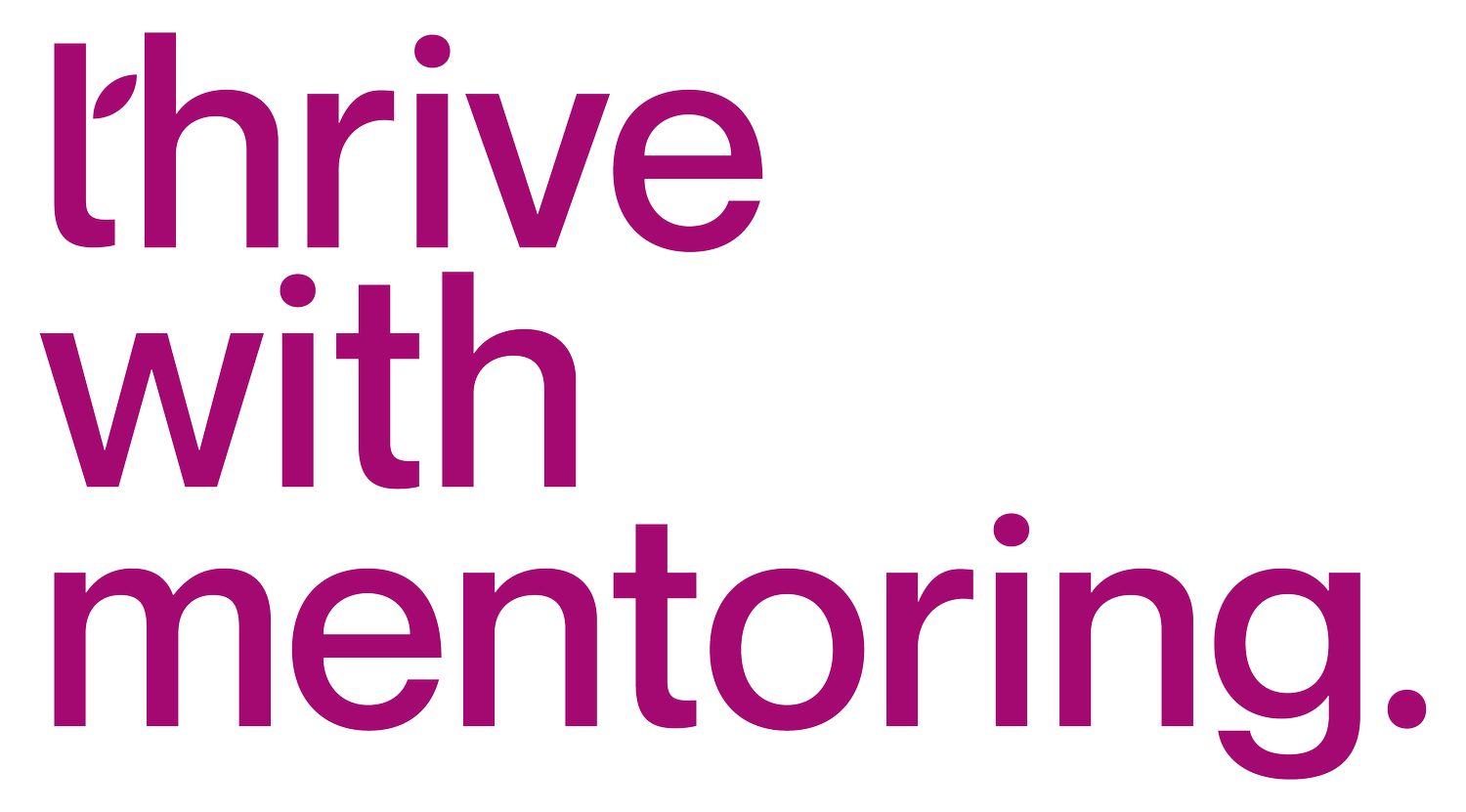The Role of Digital Tools in Enhancing Mentor-Mentee Communication
In the digital era, the dynamics of mentorship have evolved significantly. With the integration of advanced digital tools, mentors and mentees can now communicate more effectively, regardless of geographical barriers. This blog explores how specific digital tools have transformed mentorship by facilitating better communication and collaboration, using real-world examples to demonstrate their impact.
Transforming Mentorship through Digital Tools
The digital transformation in mentorship has made it possible for mentors and mentees to maintain consistent and effective connections. By breaking down geographic and logistical barriers, these tools have opened new avenues for learning and development that were previously constrained by physical proximity.
Key Digital Tools Enhancing Communication
Video Conferencing Platforms (Zoom, Microsoft Teams, Google Meet):
These platforms have become fundamental for real-time communication, offering a near face-to-face experience that is vital for building trust and rapport in mentorship relationships.
Collaborative Tools (Slack, Trello, Asana):
These tools facilitate the organization of goals, tracking progress, and managing tasks collaboratively, which is particularly useful for mentorships with a focus on professional development.
Instant Messaging Apps (WhatsApp, Telegram, Signal):
For quick communications, scheduling, and sharing motivational messages, instant messaging apps provide an efficient way to keep the lines of communication open.
Our Learning & Community Platform:
Specifically designed for our mentorship program, this platform houses a course tailored for both mentors and mentees. It includes comprehensive resources such as mentoring contracts and meeting review templates. This integration ensures that all participants have the necessary tools and information at their fingertips, streamlining the mentorship process and enhancing the learning experience.
The Impact of Digital Tools on Mentorship Effectiveness
The use of these digital tools in mentorship programs has proven several benefits:
Increased Accessibility: Mentees gain access to a broader range of mentors, crucial for those in specialized fields.
Enhanced Flexibility: These tools accommodate varying schedules and time zones, making communication more manageable.
Improved Tracking and Accountability: Features designed to monitor progress and set reminders help keep both mentors and mentees on track towards achieving their goals.
Greater Inclusivity: The platform facilitates mentorship for individuals who prefer virtual communication or have disabilities, promoting inclusivity.
The digital transformation of mentorship is a significant advancement that enhances how we share knowledge and build professional relationships. By leveraging the right digital tools, such as our Learning & Community Platform, organizations can create more dynamic, effective, and inclusive mentorship programs that meet technological standards and provide substantial benefits to participants. As technology continues to evolve, embracing these tools will be crucial for developing future leaders and fostering environments of continuous learning and development.
